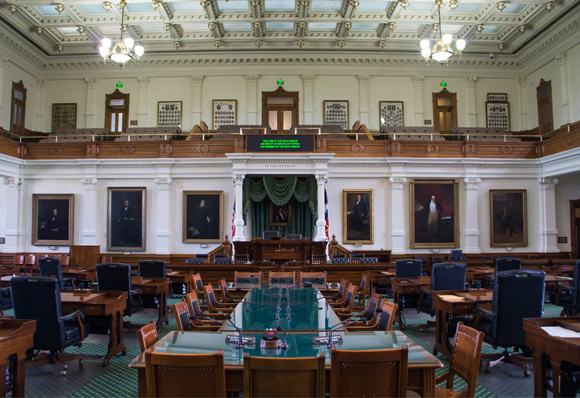When there have been contested nominations in the past, it has often been the winner of the first primary in Iowa and the next in New Hampshire who has received the nomination. This time, however, it does not seem likely that the Republican Party will be able to make a decision based only on these two states. It is highly probable that a favorite candidate will not be determined even after “Super Tuesday” on March 1, when there will be primaries and party caucuses in 13 states.
My attention has not been captured by the question of who will be nominated. It is the unusual battle between the two leading contenders; real estate mogul, Donald Trump, who leads with a support rate of around 30% as of mid-December 2015, and Senator Ted Cruz, who follows with a support rate in the teens.
The Republican Party is not a monolithic political party. The associated politicians and supporters are divided into three groups: the mainstream faction, called the “establishment,” which continues to dominate the party management; the conservative faction that provides the grass-roots support of the party; and the general membership. There are big differences among the claims and ideologies of these groups. As a result, in the battle for the party’s nomination to be the presidential candidate, historically, the requirement to win involved gaining broad-based support not only from the group the candidate belonged to, but from the other groups. The popular vote as well is dependent on the strength of support beyond the factions of the Republican Party, and was a large factor in the reelections of former president Reagan and the immediately-previous president Bush.
























































